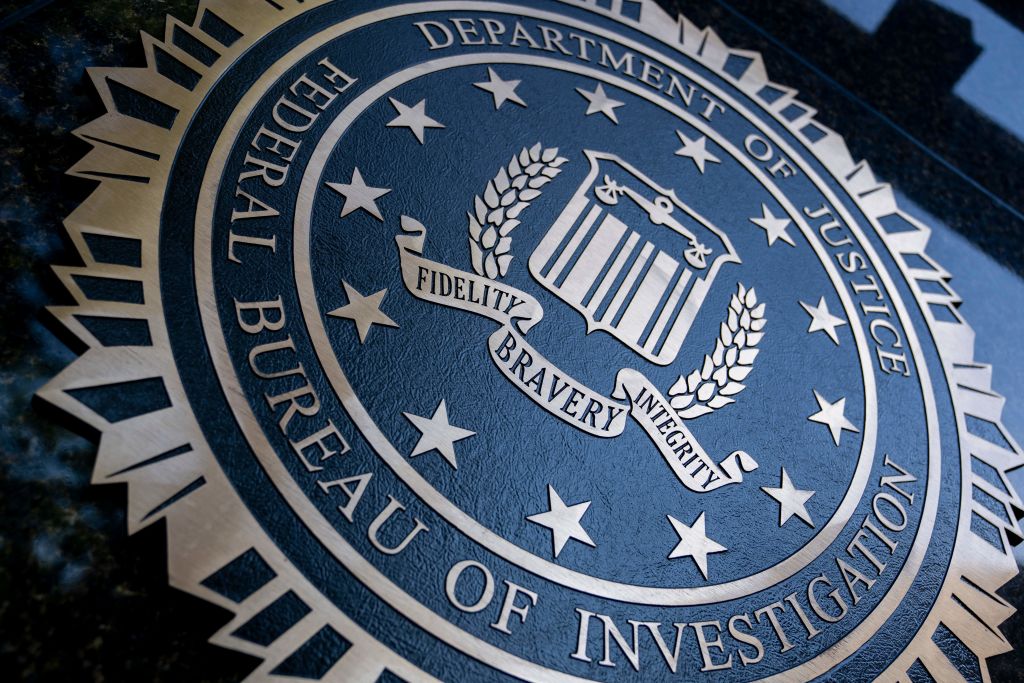Listen to the article
Justice Department Files Criminal Charges Against Former Top Officials Bolton and Comey
In an unprecedented legal development, the U.S. Department of Justice has brought criminal charges against two former high-ranking officials who once held significant national security positions within the federal government. Former National Security Adviser John Bolton faces 18 counts related to alleged mishandling of classified information, while former FBI Director James Comey has been indicted for allegedly making false statements to Congress and obstructing a congressional investigation.
The cases mark a rare instance of former senior officials facing prosecution by the government they once served, raising questions about accountability, the handling of classified information, and the potential political dimensions of such prosecutions.
Bolton, who served as National Security Adviser under President Trump, is accused of sharing “diary-like entries” derived from his official notes with unauthorized individuals—specifically his wife and daughter. Prosecutors allege he retained classified documents and materials at his residence and on personal devices after departing from government service.
During his court appearance, Bolton pleaded not guilty to all charges and was released on his own recognizance with travel restrictions imposed. His legal defense centers on several key arguments: that the materials in question were personal diaries, not classified documents; that the FBI was aware of these materials; and that his handling of the information was lawful.
Bolton’s legal team has characterized the prosecution as politically motivated, suggesting it represents retribution against critics of the Trump administration. His trial is expected to involve complex legal maneuvering due to the Classified Information Procedures Act (CIPA), which governs how classified information can be used in criminal proceedings.
Legal analysts note that prosecutors will need to establish three critical elements to secure a conviction: that the information was properly classified, that Bolton knew of its classified status, and that he willfully retained or transmitted the information to unauthorized individuals.
Meanwhile, Comey’s case stems from his September 30, 2020, testimony before the Senate Judiciary Committee regarding the FBI’s investigation into alleged connections between Russia and the 2016 Trump presidential campaign. On October 8, he pleaded not guilty to two felony charges during his arraignment in Alexandria, Virginia.
The indictment against Comey has drawn scrutiny from legal experts for its unusual brevity and lack of specific details. The charges allege that Comey made false statements and obstructed a congressional proceeding by denying he had authorized an anonymous FBI source to leak information to media outlets. However, the indictment provides minimal specifics about which statements are allegedly false or how they obstructed the congressional investigation.
“No one is above the law,” said Attorney General Pamela Bondi in a statement. “Today’s indictment reflects this Department of Justice’s commitment to holding those who abuse positions of power accountable for misleading the American people. We will follow the facts in this case.”
Comey’s legal team has indicated they plan to file motions to dismiss the case, citing “selective and vindictive prosecution.” They have also questioned the legitimacy of the appointment of lead prosecutor Lindsey Halligan, described as a Trump ally. Comey’s trial is currently scheduled to begin on January 5, 2026.
The parallel prosecutions have intensified debate among lawmakers, legal scholars, and national security experts about the appropriate standards for handling classified information and the accountability of high-level officials. Some observers view the cases as necessary enforcement of laws protecting sensitive information, while others see potential dangers in what they perceive as the politicization of the justice system against former officials.
As both cases move forward, they are likely to test legal boundaries regarding classified information, executive privilege, and the responsibilities of those entrusted with the nation’s most sensitive secrets.
Fact Checker
Verify the accuracy of this article using The Disinformation Commission analysis and real-time sources.




14 Comments
This is a complex and sensitive issue that deserves careful scrutiny. I hope the justice system can provide a fair and impartial assessment of the facts.
Agreed. The public interest must be the top priority, not political agendas, in cases involving high-level government officials.
Given the high-profile nature of Bolton and Comey, this case will likely be closely watched. I hope the truth comes to light through the legal process.
Agreed. Transparency and due process are crucial, especially when it involves former senior government officials.
As an investor in the mining and energy sectors, I’ll be watching this case closely to see if it has any broader implications for the industries I follow. Objective analysis will be key.
Agreed. Any potential fallout from this case could have ripple effects on related markets and investments. Careful consideration of the facts will be important.
As an investor in mining and energy equities, I’m curious to see how this case might impact sentiment and valuations in those sectors. The political implications could be far-reaching.
Good point. Any fallout from this case could have ripple effects across related industries and markets. Careful analysis will be needed.
This is a serious matter that deserves a thorough, impartial investigation. Mishandling of classified data is a grave concern, regardless of one’s political affiliation.
Well said. The public deserves to know the full facts before rushing to judgment on this case.
Fascinating if true. Raises important questions about how senior officials handle classified info and whether political motivations are at play. I’ll be following this case closely.
Agree, the details will be crucial in determining if this is legitimate prosecution or political retribution. Transparency and due process are key.
The handling of classified information is a serious matter that should be addressed objectively, regardless of political affiliations. I’ll be following this case with an open mind.
Well said. Upholding the rule of law and ensuring transparency are crucial in these types of cases.